You are viewing the "Richard Harris | NPR" Archives
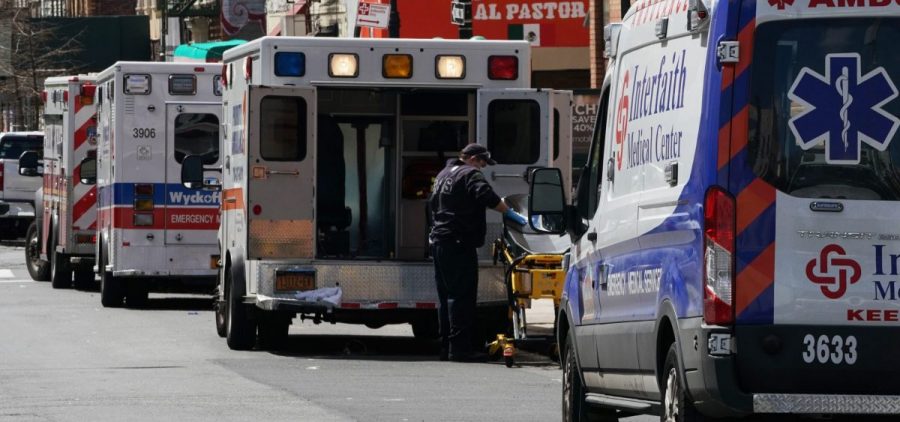
U.S. Children With COVID-19 Less Likely To Be Hospitalized Than Adults
By: Richard Harris | NPR
Posted on:
A study by the Centers for Disease Control and Prevention estimates that between 5.7% and 20% of children with COVID-19 end up in the hospital, with 2% or fewer needing intensive care.
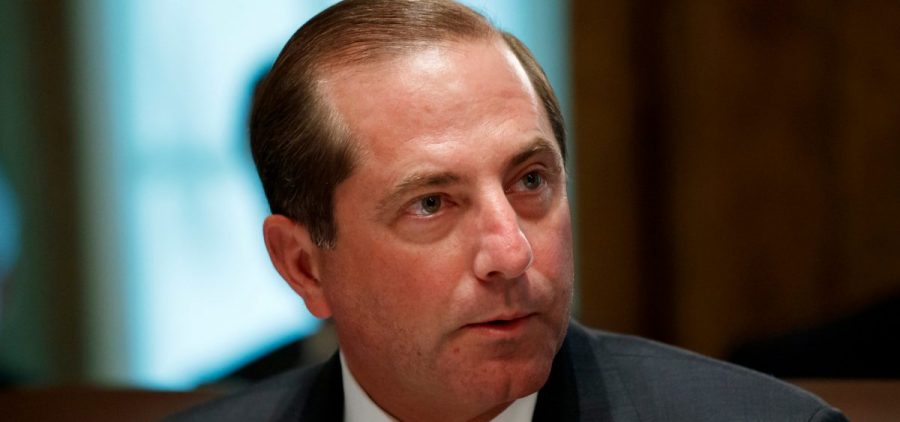
As China’s Coronavirus Cases Rise, U.S. Agencies Map Out Domestic Containment Plans
By: Richard Harris | NPR
Posted on:
With cases growing quickly abroad, the federal government announced several measures to prevent the new coronavirus from taking hold in the U.S.

Politics, Industry Backlash Stall White House Ban On Flavored Vaping Products
By: Richard Harris | NPR
Posted on:
In September, the Trump administration said it would ban all flavored e-cigarette products in an effort to reduce the youth vaping epidemic. Since then, there’s been no movement toward implementation.
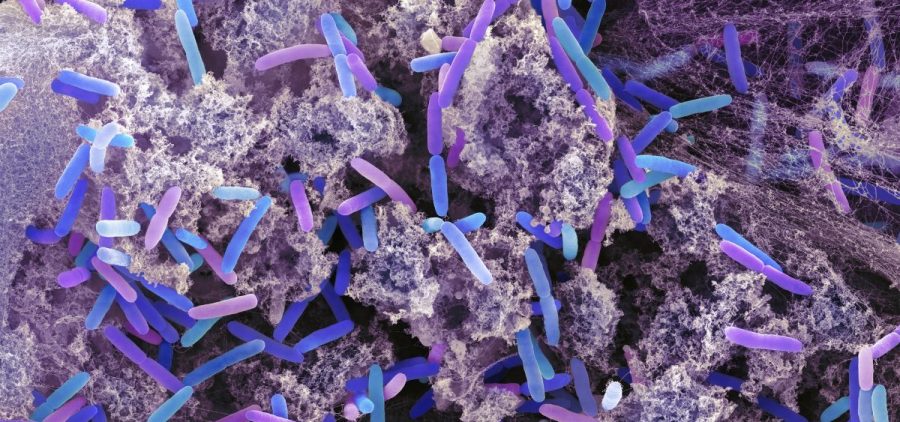
How Best To Use The Few New Drugs To Treat Antibiotic-Resistant Germs?
By: Richard Harris | NPR
Posted on:
Infectious disease specialists debate whether it’s better to give the strongest antibiotics all at once for drug-resistant germs or save the most innovative medicines for use as a last resort.

How Should Scientists’ Access To Health Databanks Be Managed?
By: Richard Harris | NPR
Posted on:
Medical and genetic data from more than a million Americans are now in scientific databases. Some programs hoard the data, while others share widely with scientists, hoping to speed medical discovery.

Why Making A ‘Designer Baby’ Would Be Easier Said Than Done
By: Richard Harris | NPR
Posted on:
Ethical concerns aside, the genetic ingredients for human traits are so complex that editing a few embryonic genes is unlikely to have much effect — or achieve the fantasy of enhancing humans.
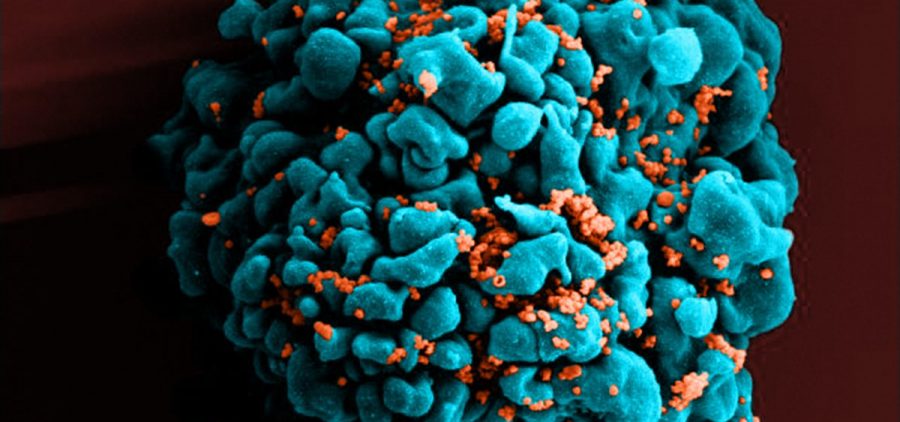
Bone Marrow Transplant Renders Second Patient Free Of HIV
By: Richard Harris | NPR
Posted on:
British doctors report the apparent eradication of HIV from a patient who was undergoing treatment for cancer. It’s only the second time this has been accomplished, despite many attempts.
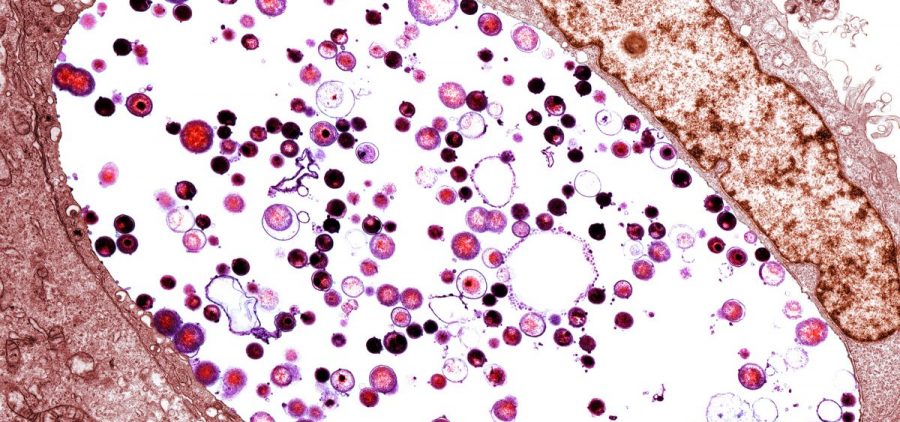
Record High Number Of STD Infections In U.S., As Prevention Funding Declines
By: Richard Harris | NPR
Posted on:
The U.S. has the highest rates of sexually transmitted disease cases in the industrialized world, say health trackers, with chlamydia, gonorrhea and syphilis reaching 2.3 million cases in 2017.

In Psychology And Other Social Sciences, Many Studies Fail The Reproducibility Test
By: Richard Harris | NPR
Posted on:
Many social sciences experiments couldn’t be reproduced in a new study, thus calling into question their findings. The field of social science is pushing hard to improve its scientific rigor.
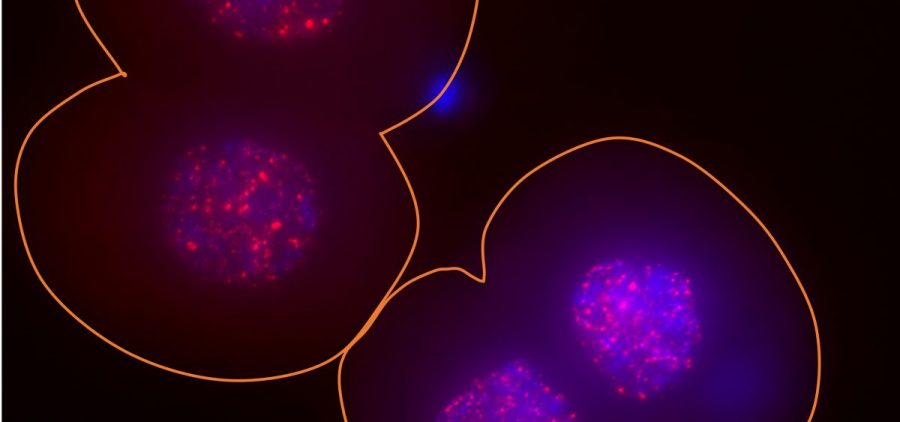
Some DNA Dismissed As ‘Junk’ Is Crucial To Embryo Development
By: Richard Harris | NPR
Posted on:
Formerly considered useless, or maybe a parasite, the stretch of DNA known as LINE-1 actually plays “a key role” in creating an embryo and embryonic stem cells, research shows.
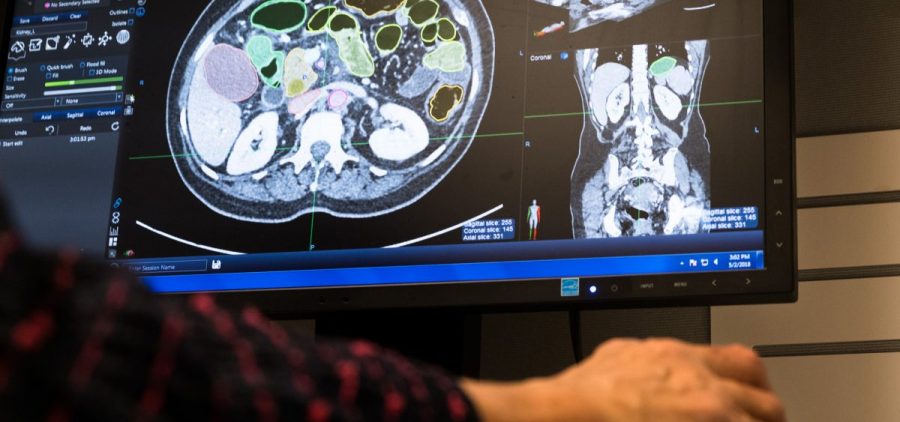
For Some Hard-To-Find Tumors, Doctors See Promise In Artificial Intelligence
By: Richard Harris | NPR
Posted on:
Scientists are training computers to read CT scans and in the hopes they could catch pancreatic cancer early.

Kids Are Taking Fewer Antibiotics, More ADHD Meds
By: Richard Harris | NPR
Posted on:
Doctors are prescribing fewer drugs to children, especially antibiotics. But use of certain drugs, including ADHD medications, has increased.
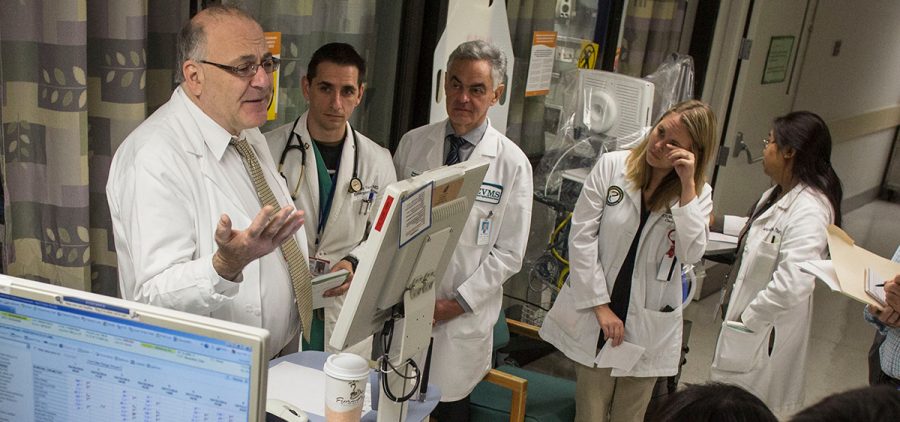
Can A Cocktail Of Vitamins And Steroids Cure A Major Killer In Hospitals?
By: Richard Harris | NPR
Posted on:
Two big studies aim to rigorously test what could be a revolutionary treatment for a common and deadly disease: sepsis. Many doctors are awaiting the results before changing their practice.
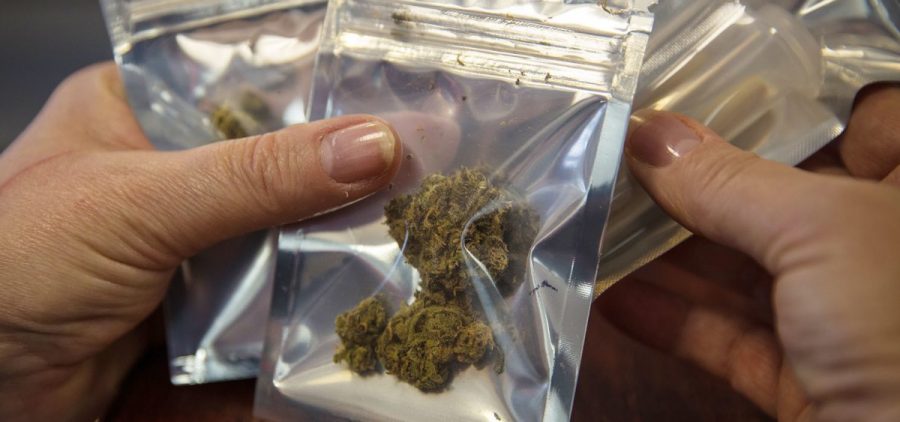
Opioid Use Lower In States That Eased Marijuana Laws
By: Richard Harris | NPR
Posted on:
Researchers looked at states with medical marijuana dispensaries and those that allow home cultivation, and found lower use of opioids, when compared with states where marijuana remains illegal.
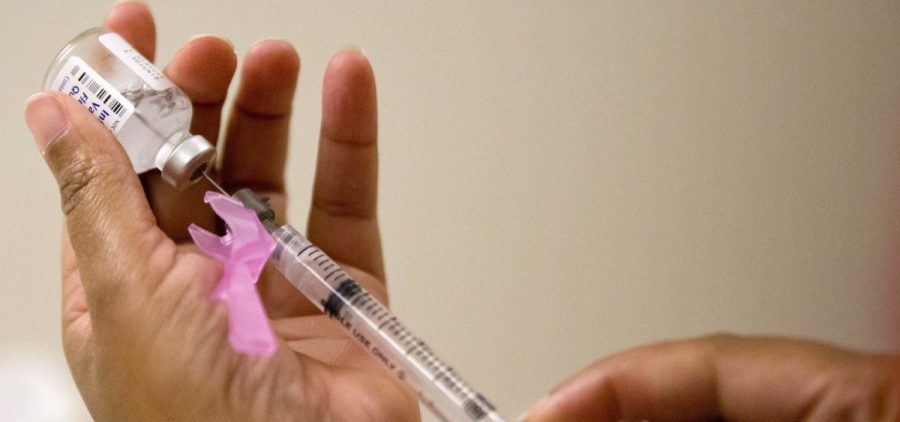
For The Second Week, The Flu Epidemic Has Eased
By: Richard Harris | NPR
Posted on:
The flu epidemic has peaked, the CDC said today. Activity declined last week, but the disease is still widespread and dangerous. And it’s still not too late to get a flu shot.

